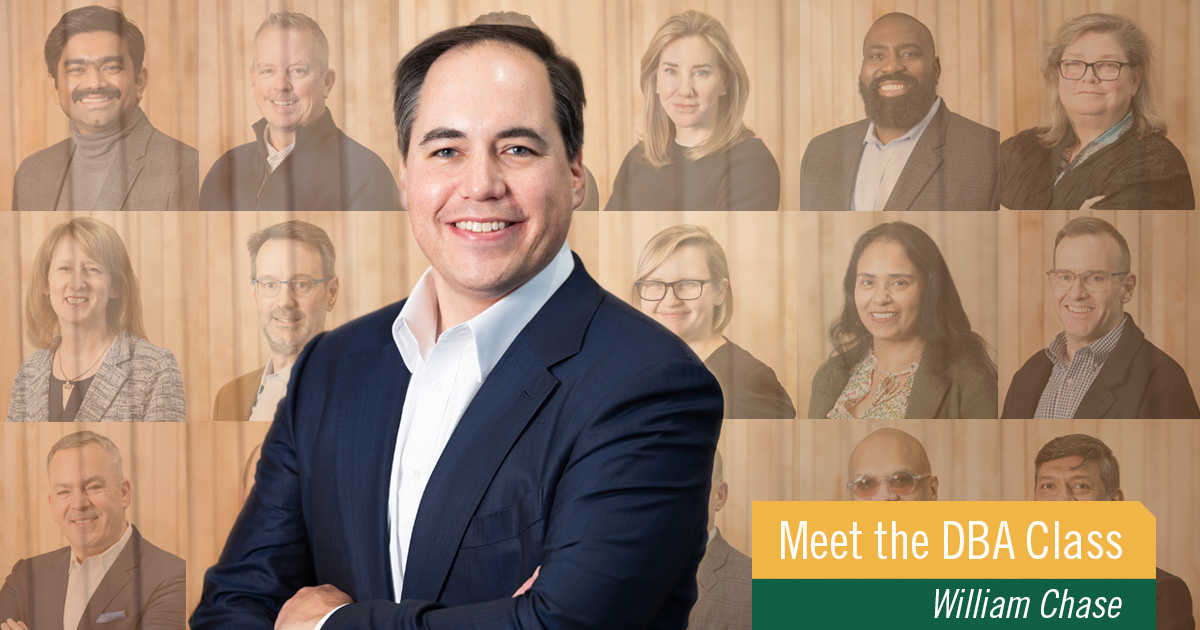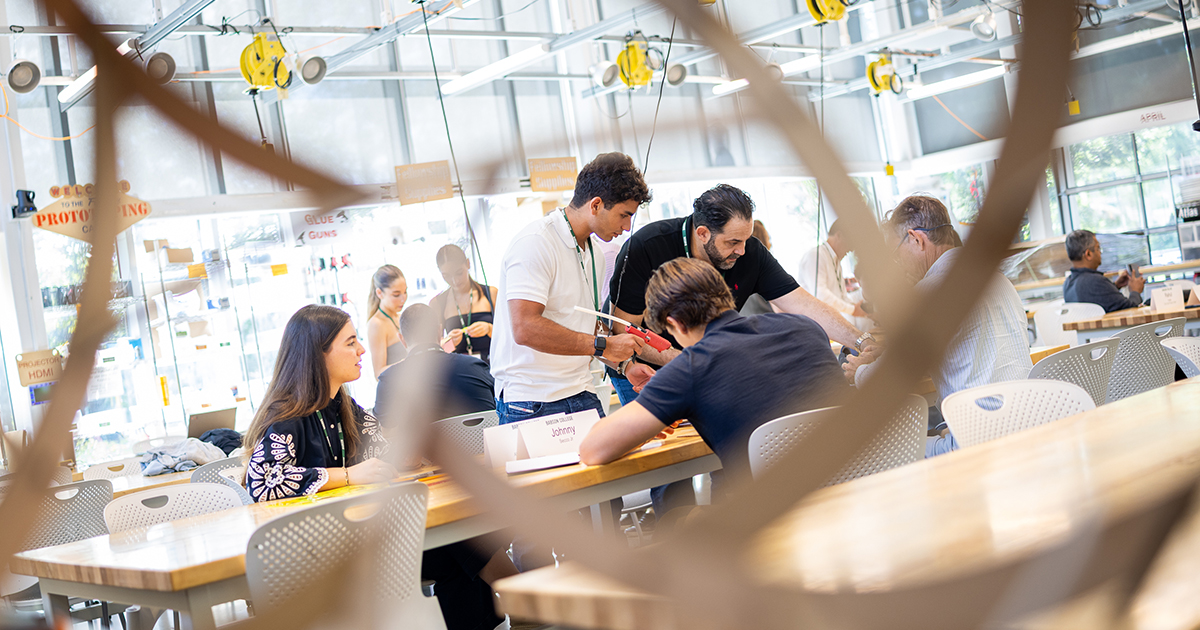Babson Levels Up: Trond Undheim Talks Tech and the Metropoulos Institute
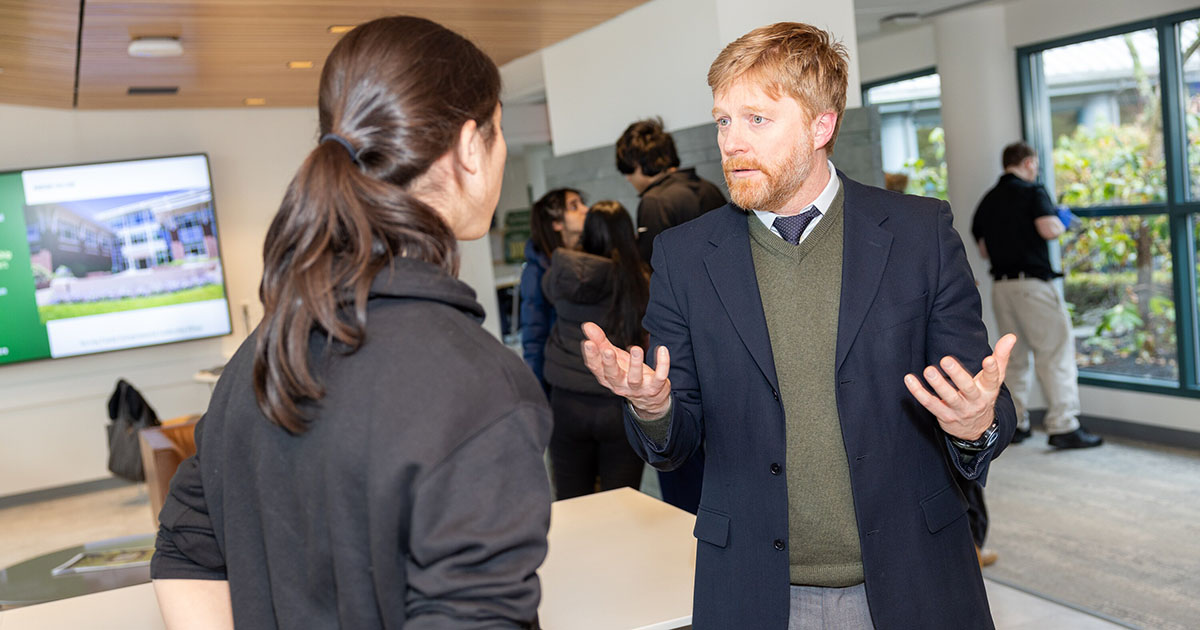
Trond Undheim did not come to Babson College to tinker. As the inaugural executive director of the new C. Dean Metropoulos Institute for Technology and Entrepreneurship, his vision is simple but sweeping.
“The ambition is to increase tech literacy across the College by one standard deviation. Basically, if everybody levels up one significant step, we can achieve an enormous amount,” Undheim said.
The motivation for these changes? “We may be in perhaps the most dramatic, disruptive decade that we have seen this century,” Undheim said. As advances in technology expand exponentially, so do cascading risks—from AI-driven disruption to skyrocketing energy demands. “That does not mean that everybody has to become a software developer or a quantum scientist. It does mean that you can no longer create businesses without being tech savvy.”
AI SHOWCASE: Register to attend the first AI Showcase at Babson, 4:30–6:30 p.m. April 29 at Knight Auditorium.
Undheim believes entrepreneurship is vital to tackling the world’s biggest issues, and Babson’s future leaders must be armed with the necessary technological skills to do so.
“I have now looked into all these risks, and I’ve concluded that there is only one way out of this trouble, and it is through entrepreneurship,” he said. “There is no governmental planning that can solve the scale of the challenges we face. They are increasing in amplitude and complexity, and only entrepreneurship can get us out of this.”
A Four-Pillar Strategy
The Metropoulos Institute’s work, Undheim said, falls under four interconnected pillars: education, innovation programs, infrastructure, and research and development.
The education piece includes many AI courses, including, “AI for Business,” and other emerging pathways for students to engage with cutting-edge technologies. The goal is to teach entrepreneurship while infusing it with the tech tools and platforms that will define the next decade.
“We want to dramatically increase both the number of technology courses taught at Babson, and to insert a certain level of technology insight and tool usage into every course at Babson, starting basically as soon as possible,” Undheim said. “That means we’re already expecting some of that to be in place by the fall.”
The institute’s innovation programs aim to provide direct pathways from classroom insights to new ventures. Far from theoretical exercises, Undheim said the institute is building scaffolding for students and faculty to turn bold ideas into functioning companies, from AI and robotics to biotech and sustainability.
“It’s a Babson tradition to think in terms of mission. I think the institute has an extra responsibility because these tools are so powerful and the challenges facing humanity are so enormous.”
Trond Undheim, inaugural executive director of the C. Dean Metropoulos Institute for Technology and Entrepreneurship
Infrastructure at the Metropoulos Institute, he said, must be both philosophical and practical.
“It used to be you could do great work with a laptop and a bright idea,” Undheim said. “Now, real impact means collaborating across teams, sharing expensive tools, and moving fast.”
That means investing in AI, both cloud-based and on-premises, and improving Babson’s wet lab infrastructure to support biotech innovation. These upgrades won’t happen overnight, Undheim said, but they reflect a clear prioritization: Babson can’t lead in tech entrepreneurship without the tools to build and test technology.
The final pillar, research and development, includes projects such as the AI Stack, a curated set of tools for student startups, and efforts to track global benchmarks in technology entrepreneurship. Undheim also wants to incentivize Babson faculty to publish more on these topics in managerial outlets, helping to position the College as a thought leader in the space.
Spotlighting the Future
A key moment for the Metropoulos Institute is the upcoming Babson College AI Showcase, an event highlighting innovative AI projects developed by students, faculty, and staff.
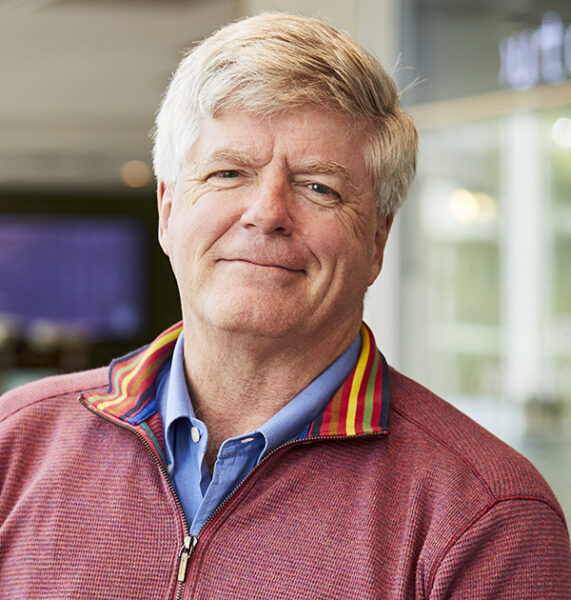
The AI Showcase—held April 29 at Knight Auditorium—will feature 10 large-scale displays, with each exhibitor using 100-inch monitors to present their work, creating an immersive, interactive experience.
“These exhibits will show that Babson College talent is very much embracing the opportunities of AI and exploring this new technological wave,” Undheim said. “From business tools to artistic applications, we’re seeing incredible things being developed.”
Judges for the AI Showcase include the Metropoulos Institute’s inaugural Faculty Director Tom Davenport, Babson’s senior director of data analytics & AI Phil Ahn, and Microsoft product manager Alex Howard ‘20.
Babson President Stephen Spinelli Jr. MBA’92, Ph.D will be on hand for the announcement of the first-, second-, and third-place winners, who will be awarded Microsoft Azure credits.
“Some of these ventures could become the next great Babson startup,” he said. “Regardless, they will all show how deeply AI is infused in Babson’s academic and creative life.”
Purpose First, Then Tools
At its core, Undheim said, the Metropoulos Institute is about impact. While the tools of innovation may include AI, biotech, and data analytics, the starting point is always human-centered.
“We don’t start with technology,” Undheim said. “We start with the problems. Then we ask, what’s the best entrepreneurial response we can build?”
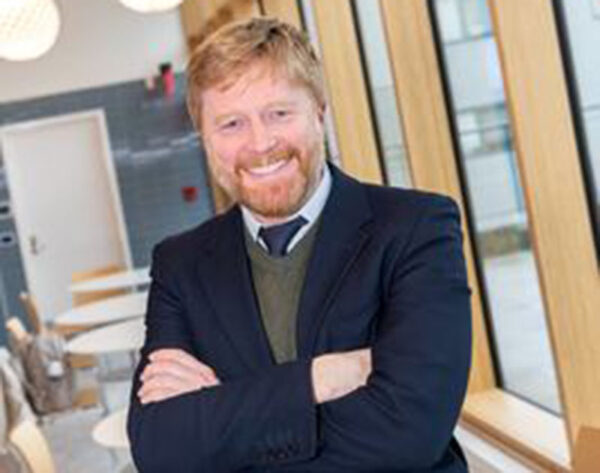
This mindset reflects Undheim’s own career trajectory, from exploring global systemic risk, innovation, and policies as a research scholar at Stanford to building innovation platforms as the inaugural director of the MIT Startup Exchange. He has seen the fragility of systems—and the resilience of entrepreneurs.
“My mindset was shaped by studying risk,” he said. “I investigated societal collapse. That perspective continues to shape how I think about innovation today.”
For Undheim, Babson is uniquely positioned to address those issues. “It’s a Babson tradition to think in terms of mission. I think the institute has an extra responsibility because these tools are so powerful and the challenges facing humanity are so enormous,” he said.
The urgency is clear. But so is the opportunity. As Undheim puts it: “We’re not doing this for fun. We’re doing this because it’s necessary. And because Babson has the community, the creativity, and the conviction to get it done.”


